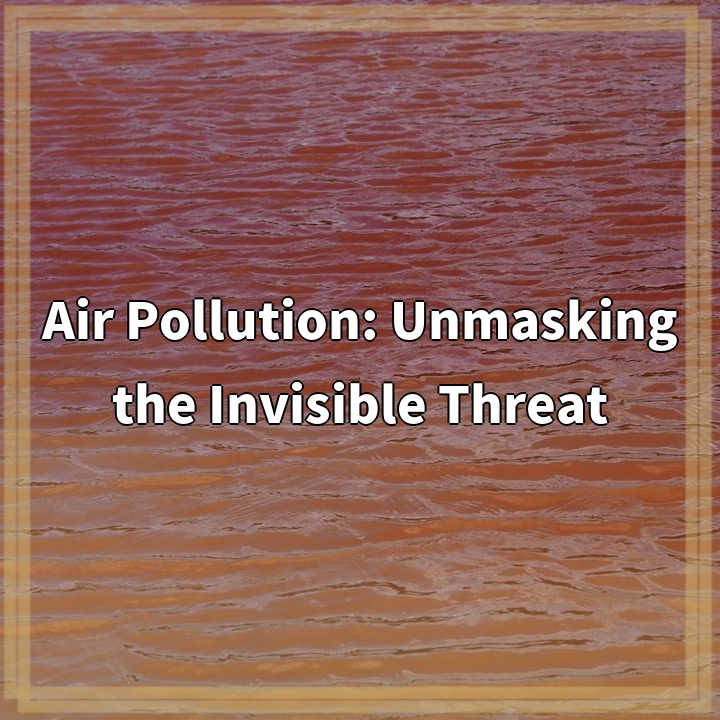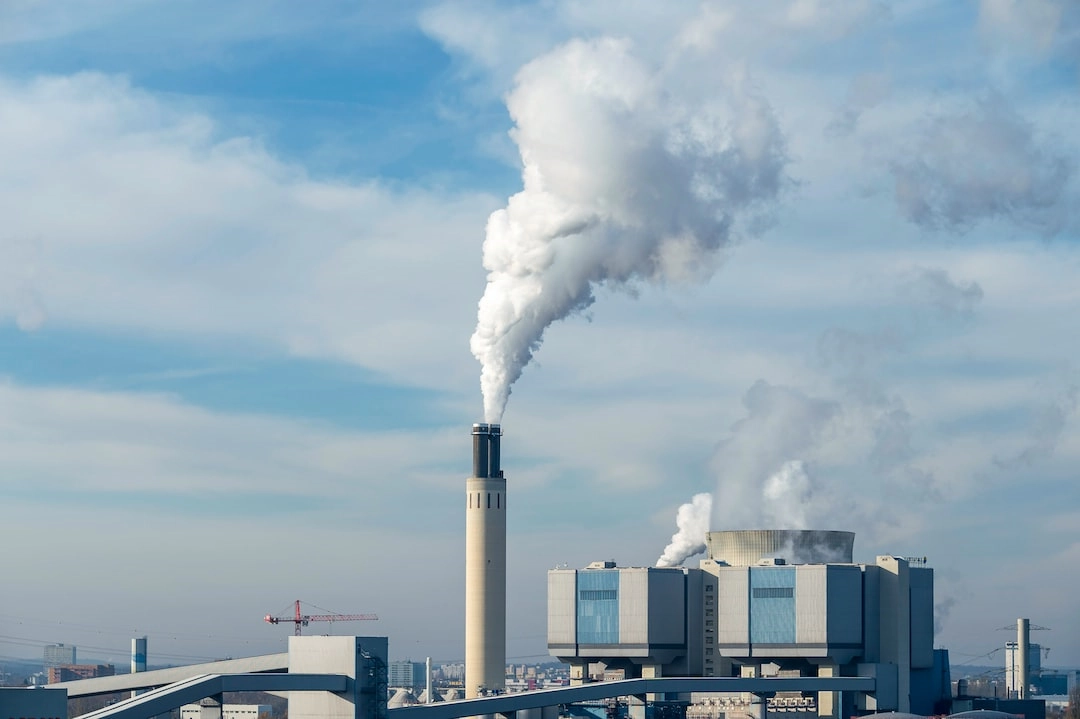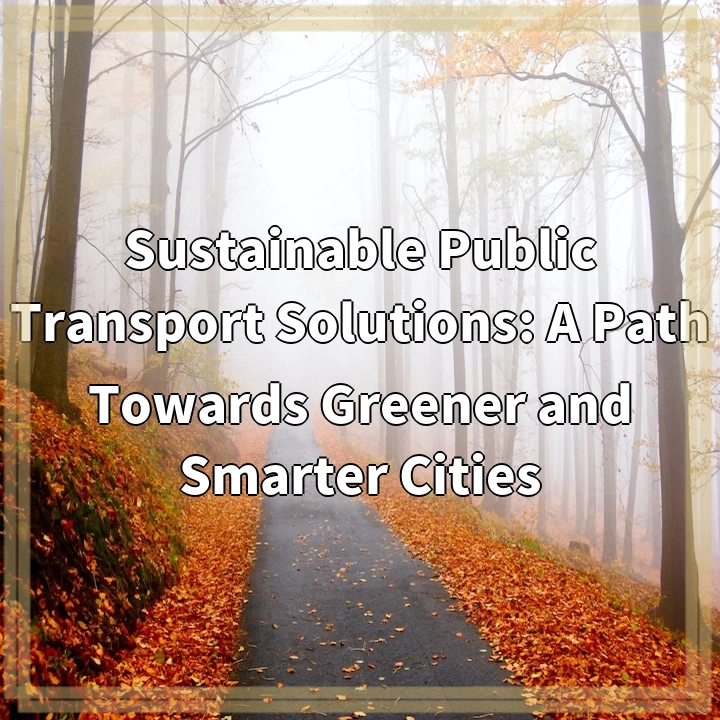
What is Air Pollution?
Air pollution refers to the presence of harmful substances in the Earth’s atmosphere that can have detrimental effects on human health, ecosystems, and the environment as a whole. These substances, known as pollutants, can be in the form of gases, fine particles, or other toxic materials. While air pollution is an invisible threat, its impacts are significant and widespread.
Real-World Problems Associated with Air Pollution
1. Respiratory Health Issues: Air pollution can have severe effects on respiratory health, leading to increased risks of asthma, bronchitis, and other respiratory diseases. Particulate matter and certain pollutants such as sulfur dioxide and nitrogen oxides can cause inflammation in the airways, making it harder for individuals to breathe and potentially worsening existing respiratory conditions.
2. Cardiovascular Problems: Exposure to air pollution has also been linked to cardiovascular issues, including an increased risk of heart attacks, strokes, and high blood pressure. Fine particulate matter and pollutants like carbon monoxide can enter the bloodstream, leading to inflammation, blood vessel damage, and impaired heart function.
3. Environmental Damage: Air pollution doesn’t just affect human health; it also harms the environment. Pollutants released into the air, such as greenhouse gases and toxic chemicals, contribute to climate change and the degradation of ecosystems. This can lead to disruptions in wildlife habitats, loss of biodiversity, and changes in weather patterns.
4. Impaired Cognitive Function: Recent studies have shown that long-term exposure to air pollution can have negative effects on cognitive function. Fine particulate matter and pollutants such as polycyclic aromatic hydrocarbons (PAHs) have been associated with cognitive decline, impacting memory, attention, and verbal skills.
5. Economic Impact: Air pollution has significant economic consequences. The costs associated with healthcare expenses, reduced worker productivity, and damage to crops and infrastructure can be substantial. Additionally, cities and regions with high levels of air pollution may experience a decline in tourism and investment opportunities.
These real-world problems highlight the urgency of addressing and mitigating air pollution. It is crucial to raise awareness, implement effective policies, and adopt sustainable practices to protect human health and the environment.

Solutions to Air Pollution
1. Transition to Clean Energy Sources: Shifting away from fossil fuels and investing in renewable energy sources such as solar, wind, and hydropower can significantly reduce air pollution. Governments, industries, and individuals can support and promote the adoption of clean energy technologies.
2. Improve Industrial Practices: Industries should implement stricter pollution control measures and adopt cleaner production technologies. This includes the use of advanced filtration systems, optimizing manufacturing processes, and minimizing emissions of harmful pollutants.
3. Enhance Transportation Practices: Promoting sustainable transportation options such as electric vehicles, improving public transportation systems, and encouraging cycling and walking can reduce vehicle emissions and contribute to cleaner air.
4. Strengthen Environmental Regulations: Governments should establish and enforce stringent air quality standards, along with effective monitoring systems. This involves implementing emission limits, monitoring pollutant levels, and imposing penalties for non-compliance.
5. Increase Awareness and Education: Educating the public about the impacts of air pollution and ways to reduce personal exposure is essential. Information campaigns can encourage individuals to adopt sustainable practices, such as using public transport, reducing energy consumption, and planting trees.
6. Support Research and Innovation: Continued research and development efforts are necessary to develop advanced pollution control technologies and explore sustainable solutions. Governments and organizations should invest in research programs focusing on air pollution mitigation and provide financial support to innovative projects.
7. Foster Collaboration and International Cooperation: Air pollution is a global issue that requires cooperative efforts. Governments, organizations, and individuals should work together to share knowledge, best practices, and technological advancements to combat air pollution on a global scale.
By implementing these solutions, we can strive towards cleaner air, protecting both human health and the environment for present and future generations.















